Nur Sultan, 22 December 2020 – Today, the Eurasian Tourism Association as part of the MOST project (A model for sustainable tourism in Central Asia: Building Capacities, Creating Awareness, Introducing technology) of the European Union’s SwithAsia program held a roundtable on “Environmental Certification Procedures and Sustainable Tourism Management Issues– the challenges and the expectations at National level”. The event brought together industry leaders, associations, higher education institutions, hotels, tourism and consulting companies, professionals and environmental experts at the same table. Also, the leaders of the Latvian Rural Tourism Association took part in the online format, and shared Latvia’s experience in green certification of rural tourism.
The World Tourism Organization estimates that tourism is responsible for 5% of global CO2emissions, 40% of which are for air transport and 20% for hotels and other accommodation. The remaining 40% are related to other transport segments (cruise ships, road, rail, etc.) and recreational services for tourists.
The participants of the round table unanimously agreed that sustainable tourism is becoming an integral part of doing business. At the same time, the Manager Absolute Hotel Zarina Bazarovna shared the experience of implementing sustainable management measures, noting that the transition to low-carbon models can ensure economic efficiency and at the same time stimulate the competitiveness of hotels. However, she said that today most of Kazakhstan’s hotel sector is not aware of the level of its sustainability, its status in terms of energy and resource consumption,or about the possibilities of implementing sustainable production and consumption practices in its local areas.
Chairman of the Tourism Industry Committee Dustan Ryspekov said that it is planned to introduce a quality system in the tourism industry in Kazakhstan based on standards. Dastan Ryspekov also emphasized the participants’ attention on the ongoing work to reformat the activities of national parks and attract investment.
In general, the business is ready to develop and learn to participate to environmental certification in the tourism industry, but it requires regulatory and financial support from the state. Also, the participants of the round table noted that measures to raise the level of environmental awareness among the population, dissemination of information about the environment and methods of its protection are important.
We note that the Eurasian Tourism Association, as part of the MOST project of the European Union SwithAsia program, will conduct activities to support the introduction of sustainable production and consumption, strengthen the role of regional and local governments in sustainable development and strengthen public dialogue and raise awareness of users of tourism services about sustainable consumption in water, waste and processing.
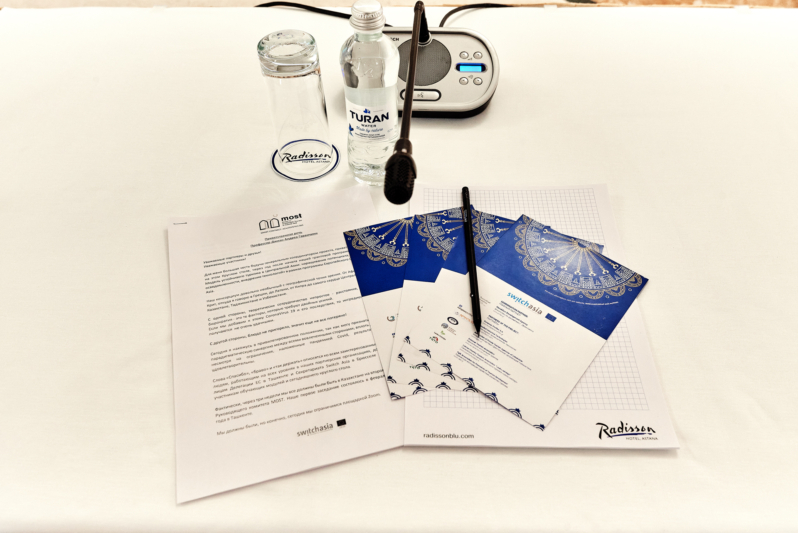
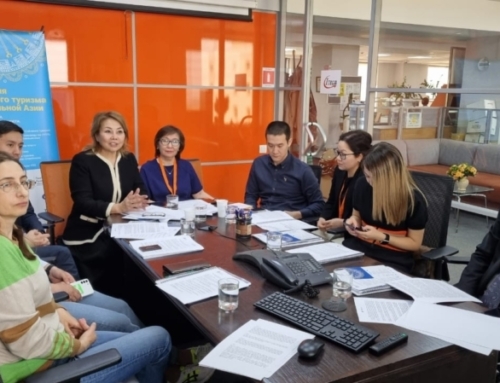

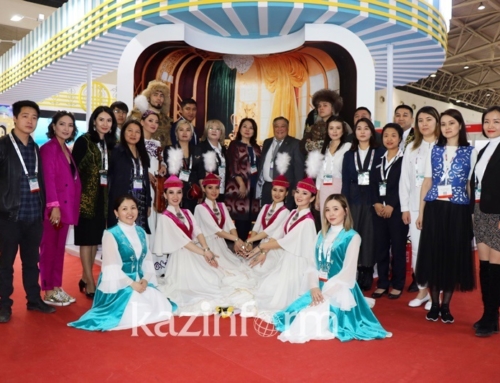
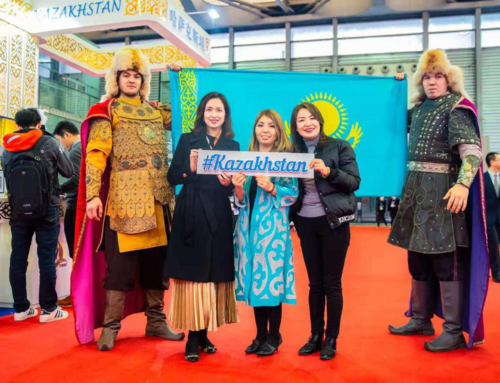

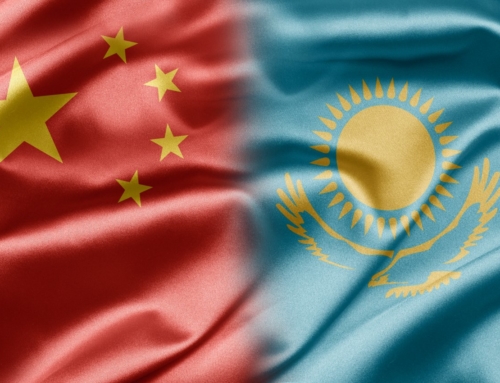
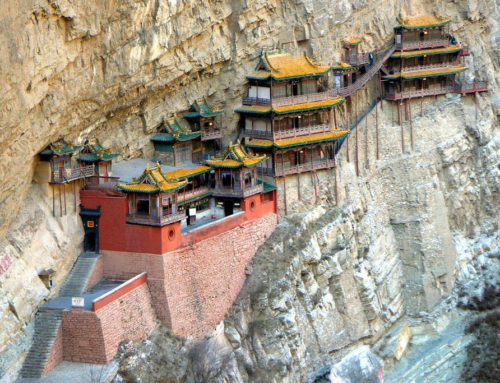
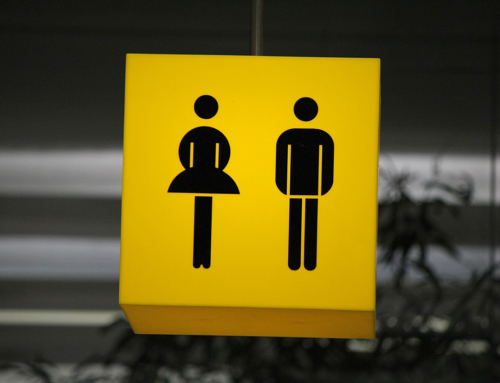
Leave A Comment